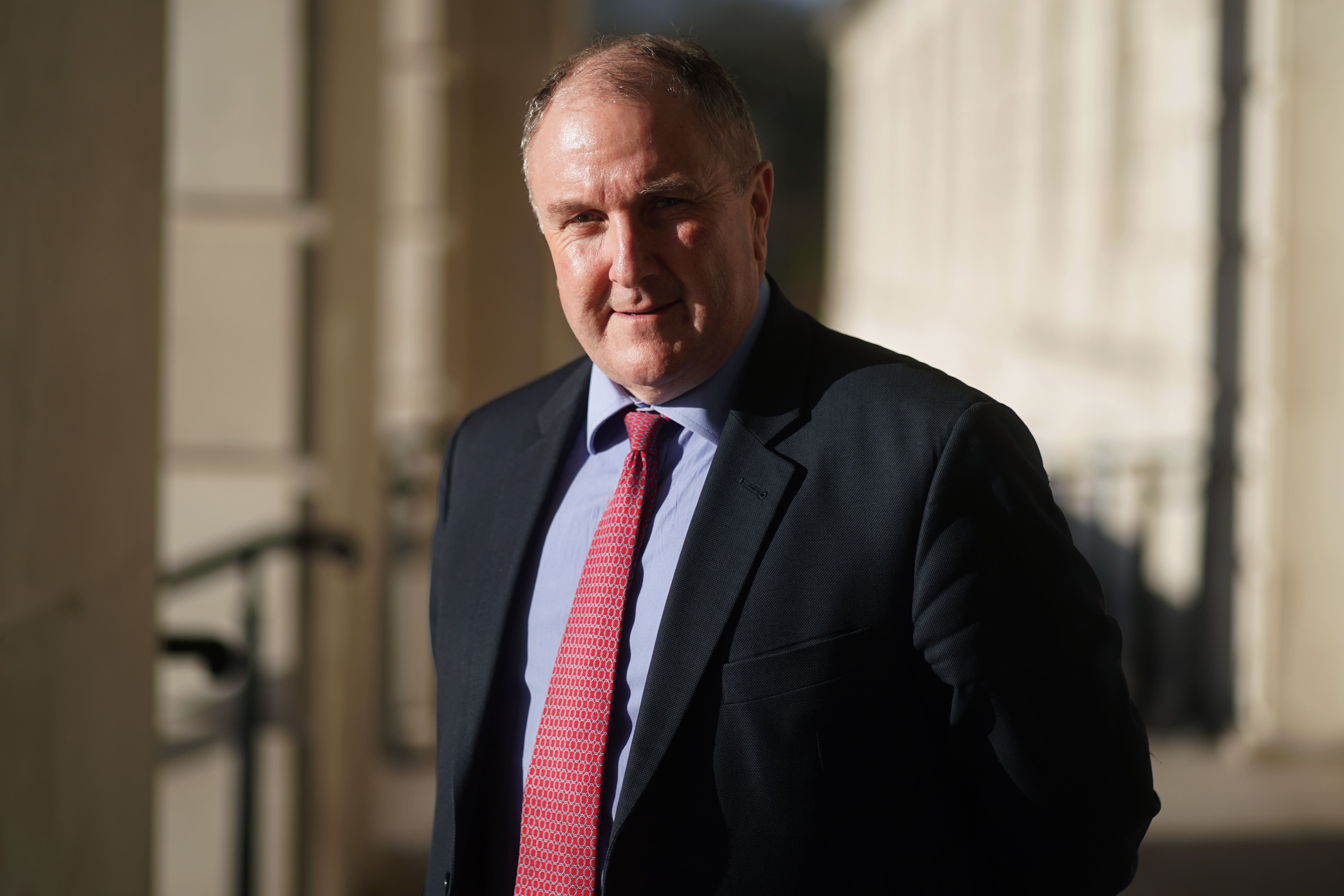MPs told to consider impact of Stormont deadlock on vulnerable women
Northern Ireland affairs committee chairman Simon Hoare claimed some women have turned to criminality and ‘sexual favours’ to pay back paramilitaries.

The deadlock in Stormont has led vulnerable women to turn to paramilitaries for financial help, as “peace-building” groups usually funded by the Northern Ireland Executive face budgetary uncertainty, ministers have heard.
Northern Ireland affairs committee chairman Simon Hoare claimed some women have even turned to criminality and “sexual favours” to pay back paramilitary groups they have borrowed money from due to the rising cost of living.
The Conservative MP appealed to political parties to return to powersharing in Stormont, as the Commons debated a Bill aimed at setting Northern Ireland’s devolved budget in the absence of the Assembly.
Mr Hoare told the Commons about his committee’s recent visit to Northern Ireland, where it heard about the impact the “absence of a multi-year settlement” was having on organisations funded by the public purse.
Speaking about one organisation, he said: “They had no idea at all what they would get out of this budgetary process. No idea at all. So notices were going out to their paid staff to say ‘we may have to make you redundant, we hope we won’t have to, we hope we will get the money, but we do not know’.
“These are not institutions or organisations teaching origami, or advanced flower arranging, or contract bridge for the winter months. These are organisations who are stepping in for peace-building, for community building, they are community-led.”
These groups who are so dependent upon the money that this budget could provide and that Stormont could reflect, now find their work in jeopardy
He added: “They are working to help women, who are finding themselves, as the BBC Spotlight programme has showed, being caught in the cycle of the cost of living, leading them to default to the extortionist money lenders of the so-called paramilitaries, only to find they cannot pay the money back and then having to resort to either criminal behaviour, being forced to give sexual favours as payment in lieu, seeing their children brought into the ambit of influence of these paramilitaries as a way of paying off the debt.
“These groups who are so dependent upon the money that this budget could provide and that Stormont could reflect, now find their work in jeopardy.”
The Tory MP encouraged the Commons to take a “growing interest in the impact of these budgetary pressures and other deficiencies in the delivery of public service” are having on the women of Northern Ireland.
Mr Hoare later appealed to Northern Ireland’s political parties to return to Stormont, adding: “Nobody who advocates for the speedy return of Stormont, nobody is advocating that in that action all of the problems of Northern Ireland would be solved. Nobody is suggesting that at all.
“But all because an organisation cannot do all of the good, all of the time, shouldn’t stop it from trying to do as much good as it can for as long as it is there to be able to do it.”